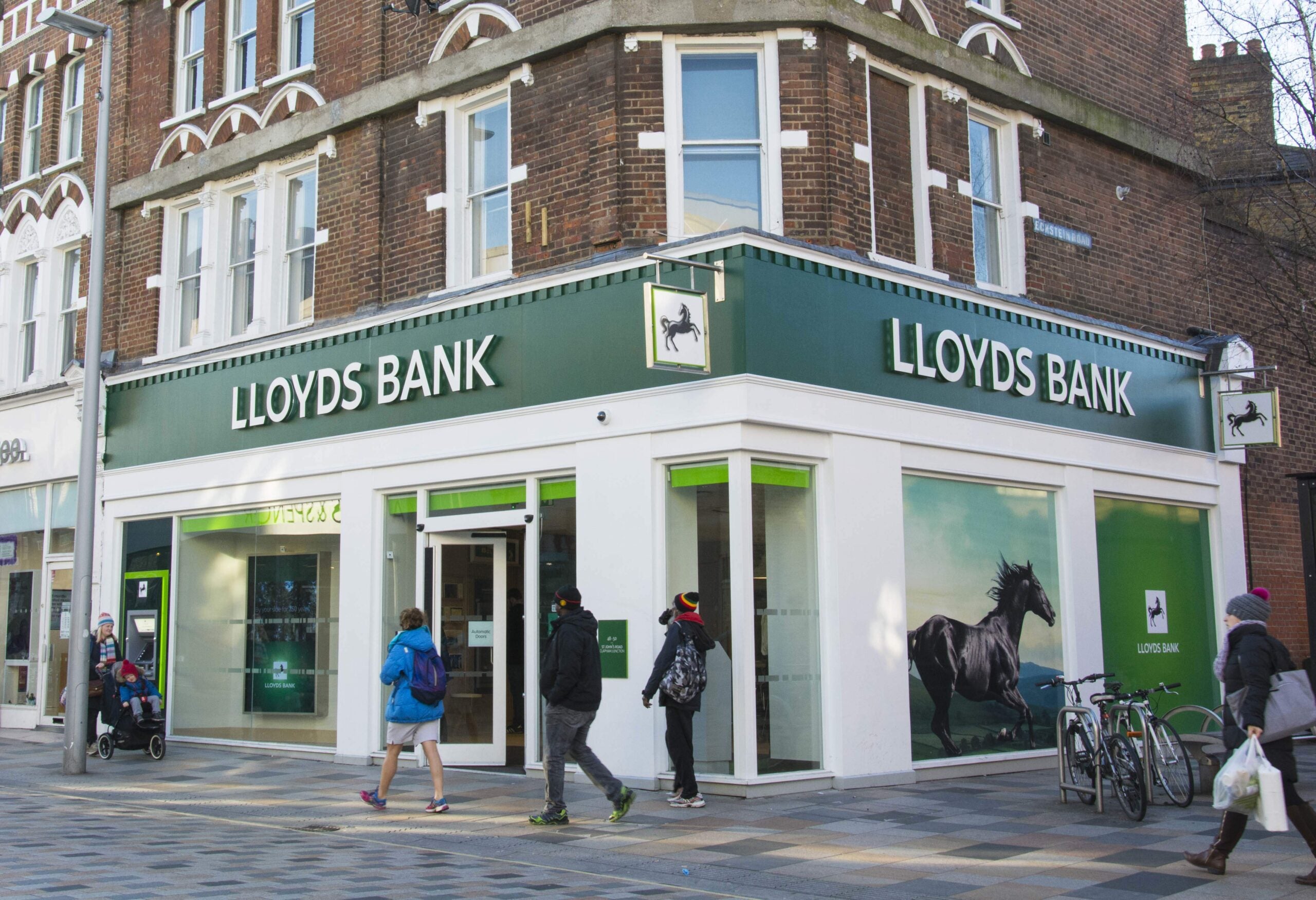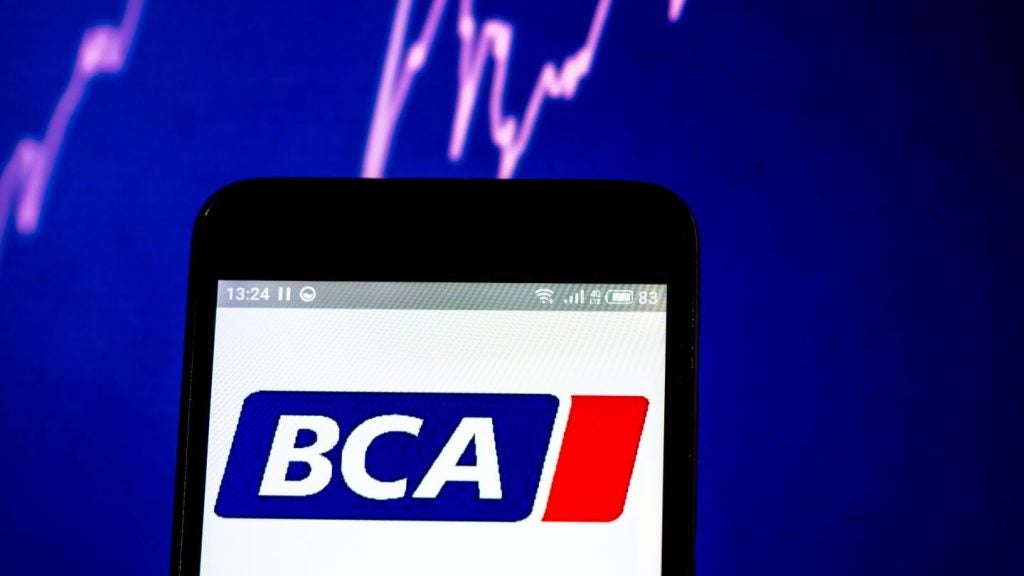
Lloyds’ UK motor finance portfolio saw 19% growth to £13.7bn in 2017, but impairment charges in the segment rose substantially, up 48% to £111m.
Black Horse accounts for the majority of Lloyd’s motor finance business, but the group did not break down the results by brand.
Lloyds’ wider retail banking division saw net income up 5% to £9.9bn in 2017, partly thanks to growth in Lex Autolease.
Growth in revenues for the division was partly offset by an increase in impairment costs, up 10% to £717m, and a £400m rise in operating costs, to £4.8bn.
Operating lease depreciation rose sustantially, up 22% to £946m. Lloyds attributed this to fleet growth and increasingly conservative residual values.
Underlying profits for the retail division ultimately grew to £4.4bn for the year, up 9%.
How well do you really know your competitors?
Access the most comprehensive Company Profiles on the market, powered by GlobalData. Save hours of research. Gain competitive edge.

Thank you!
Your download email will arrive shortly
Not ready to buy yet? Download a free sample
We are confident about the unique quality of our Company Profiles. However, we want you to make the most beneficial decision for your business, so we offer a free sample that you can download by submitting the below form
By GlobalData“In terms of consumer finance … our intention is to grow reasonably in line with the market over the next three years,” said group chief executive António Horta-Osório.
“It is an area where we are still underrepresented, excluding credit cards … and therefore my best idea is to grow in line with the market,” he added.
Across the wider Lloyds banking group, net income was £17bn, up 5% from 2016. Operating lease depreciation on all leased assets grew 18% to £1bn. Underlying profits grew 8% to £8.5bn.
The 2017 results were the first full-year results to be published since the UK government, which had bailed out Lloyds after the financial crisis, sold its last remaining stake in the bank.
Horta-Osório said: “2017 has been a landmark year in which the Group has made significant strategic progress and returned to full private ownership. This is due to the hard work of all our people and I thank them for it.”
“We have identified four strategic priorities focused on the financial needs and behaviours of the customer of the future: further enhancing our leading customer experience; further digitising the group; maximising group capabilities; and
transforming ways of working.
“We will invest more than £3 billion in these strategic initiatives through the plan period that will drive our transformation into a digitised, simple, low risk, customer focused UK financial services provider.”







